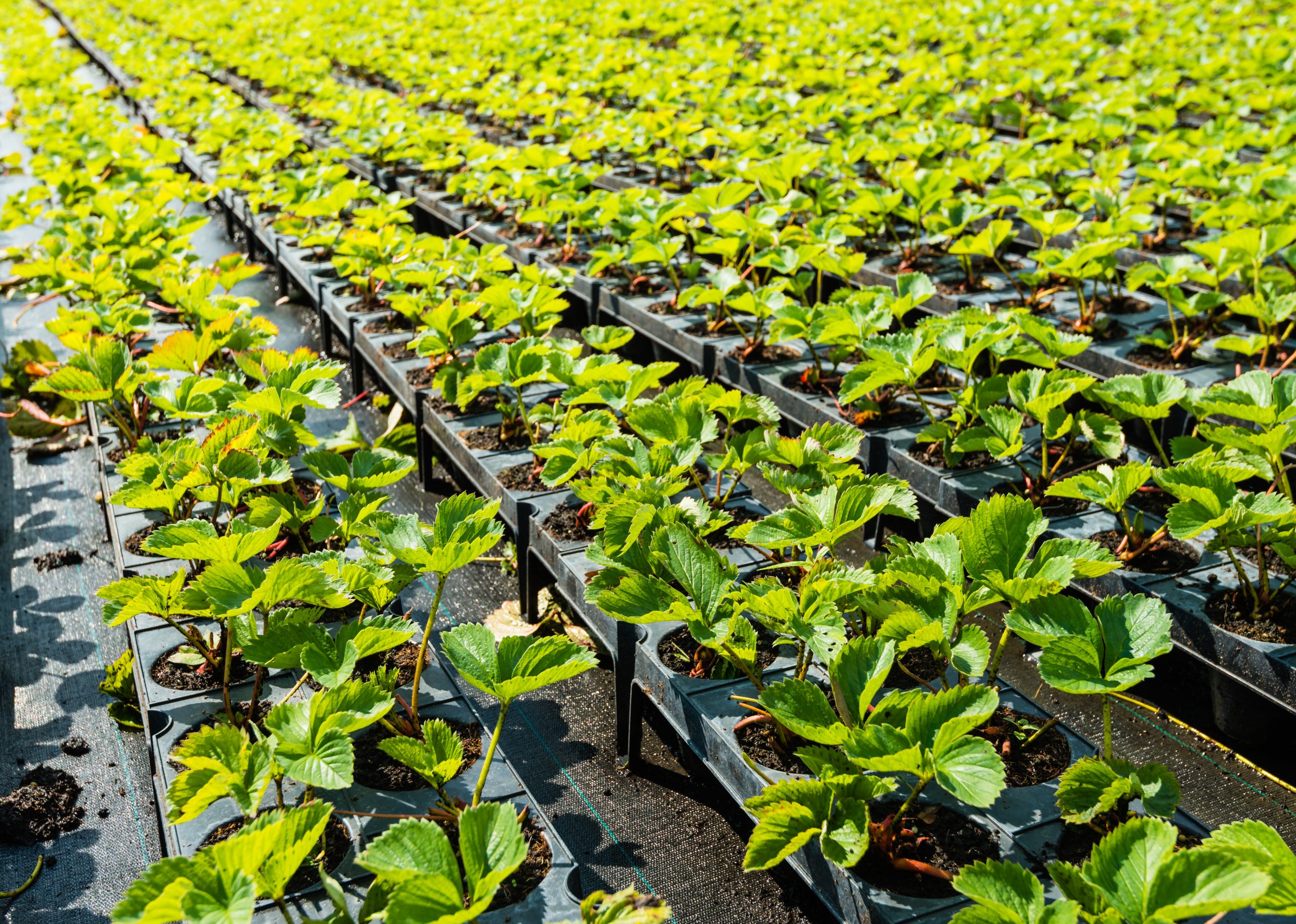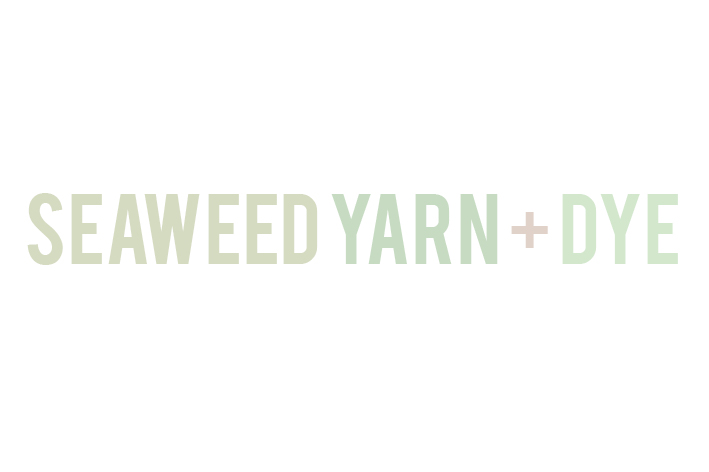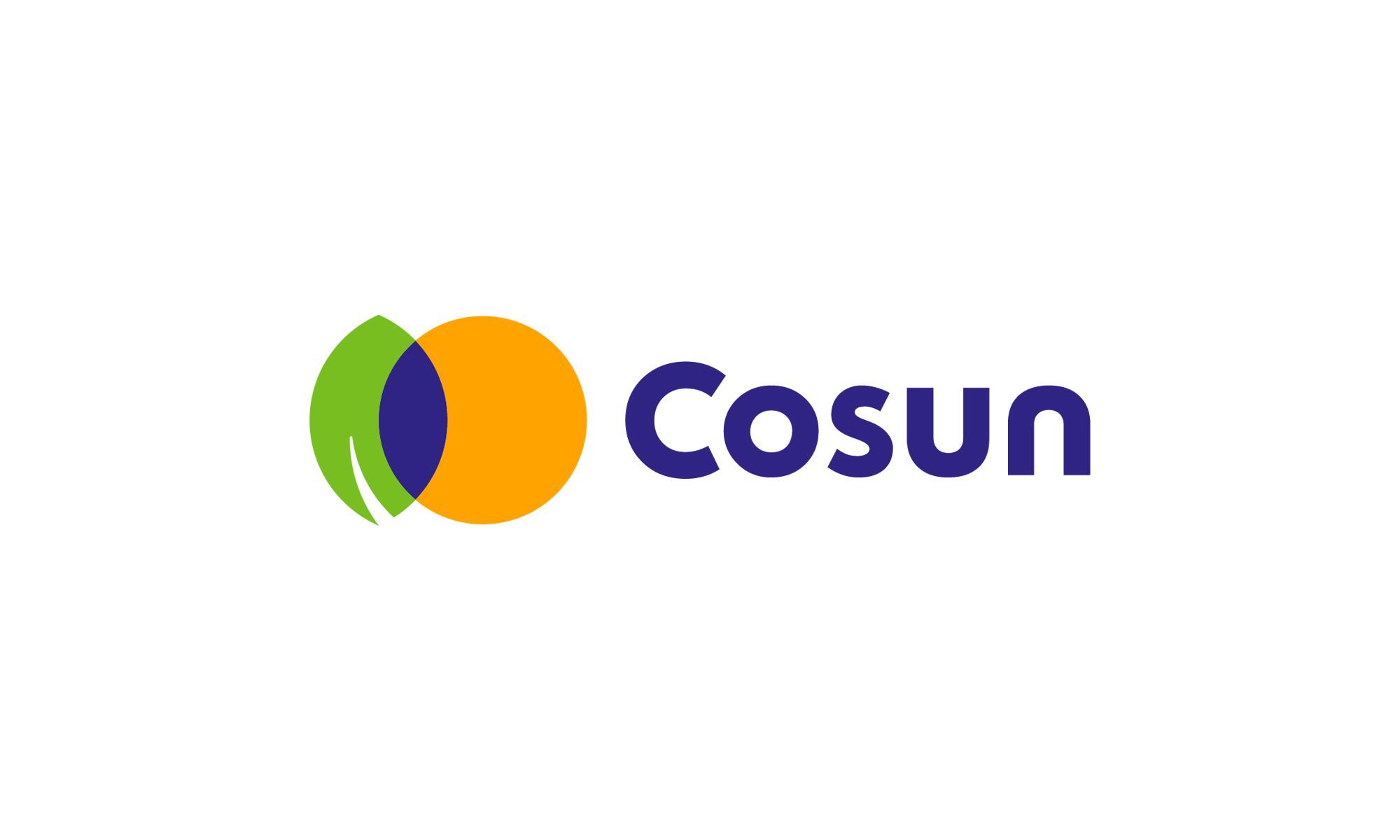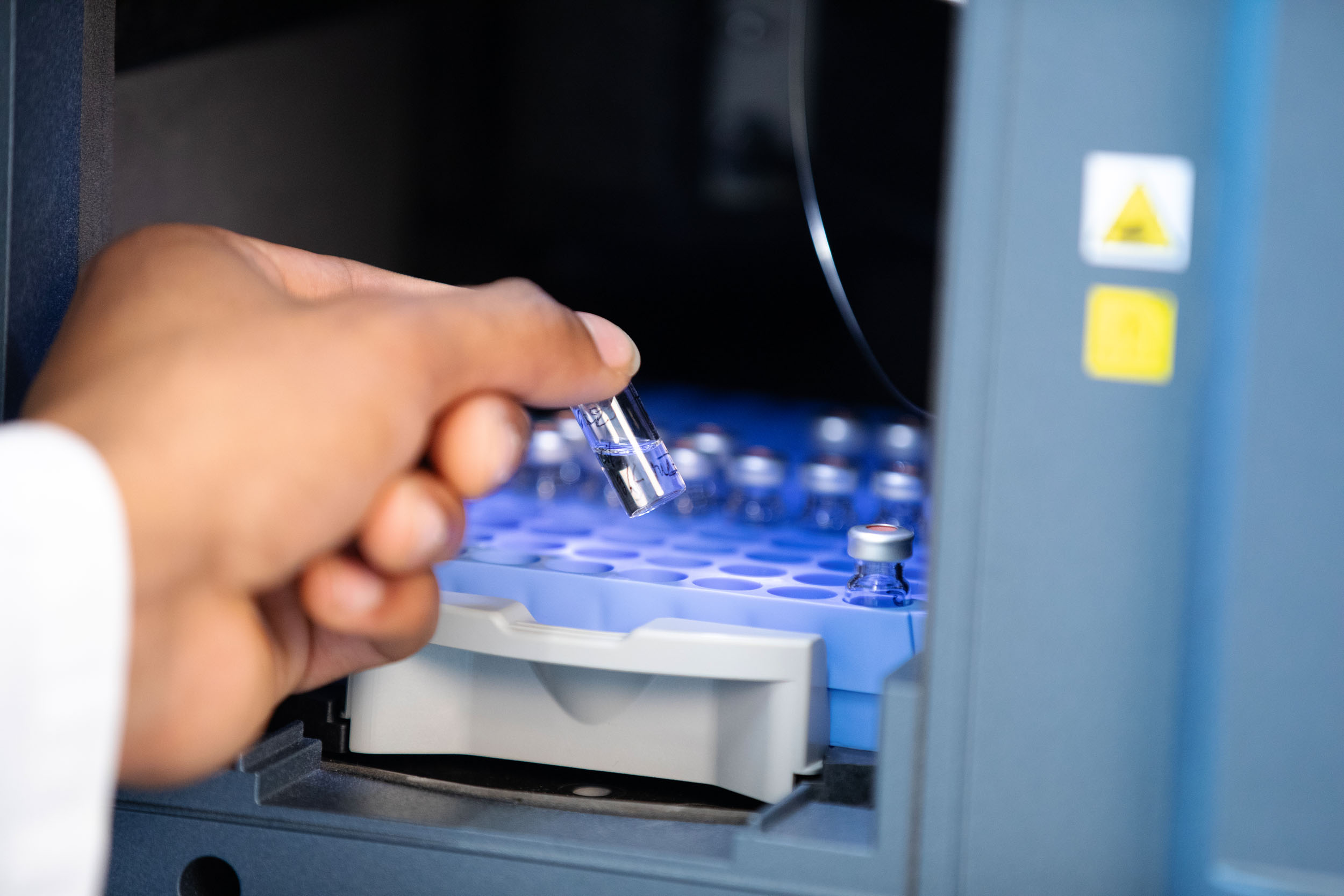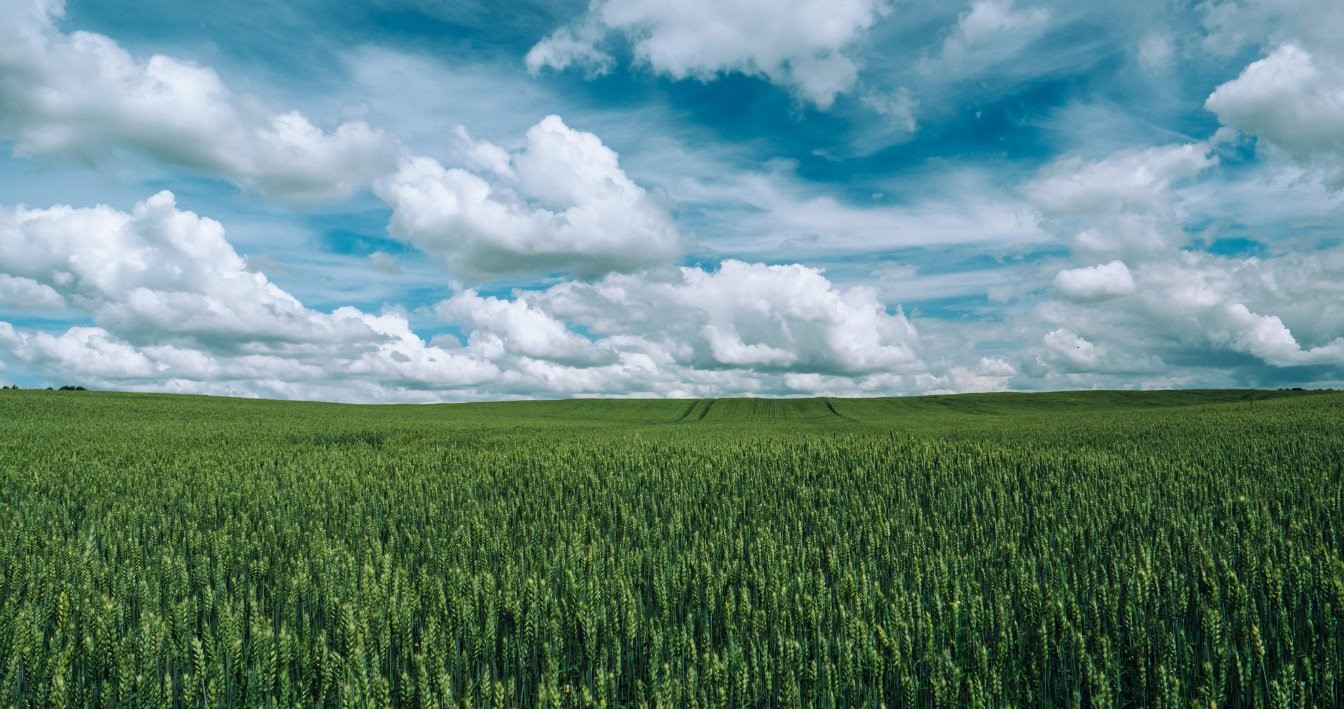Plastic products are currently under scrutiny because of the growing awareness of the related problems, such as the “plastic soup”. The EU has banned a number of single-use consumer products and fossil polymers that go into effect in 2021. The list of prohibited products is expected to be expanded, for example for one-way, non-compostable plastics in horticulture and agriculture. That is why it is crucial to develop sustainable, biodegradable alternatives.
Biocarbon as a sustainable additive
Biocarbon (Biochar) is a carbon-rich, fine-grained solid that can be produced by pyrolysis processes. This natural product is currently used to produce energy, but recent research indicates that it has great potential to improve the properties of biopolymers. The biocarbon biopolymer composite can provide a much needed, fully sustainable solution. This would be of particular interest in agricultural and horticultural applications, as biocarbon has been shown to be effective in retaining water and water-soluble nutrients and to increase the activity of micro-organisms in the soil. Biocarbon biocomposites can also be used in other markets where sustainability is essential, including packaging and disposable consumer items.
Complementary team
The BioADD consortium consists of 9 industrial partners, a trade association and 3 research partners. The partner companies form a complementary team, including biomass suppliers, producers of pyrolysis technology and companies that produce products for the relevant markets of horticulture, agriculture and packaging. The results of the project lead to concrete business opportunities for each of the companies. The support of Avans University of Applied Sciences, University of Groningen and Eindhoven University of Technology is essential in developing the knowledge and the first product development that makes the innovation possible.
Want to read more about the progress of the BioADD project?
20200301 until 20220228




